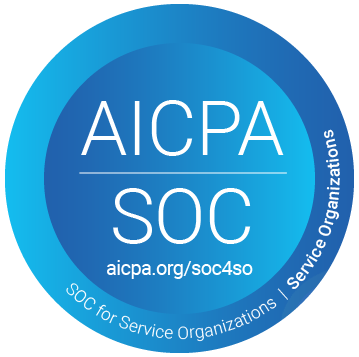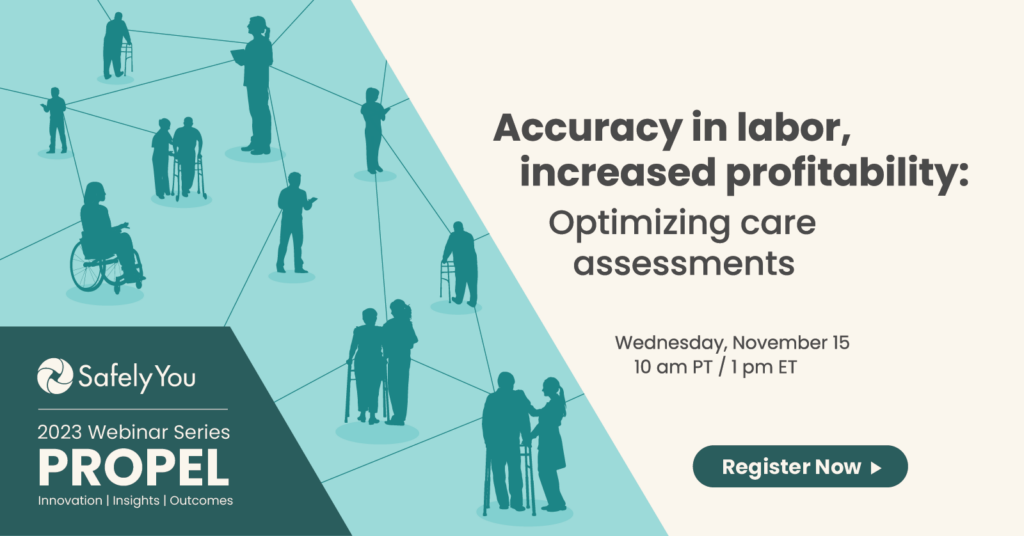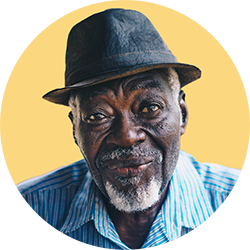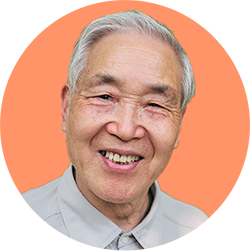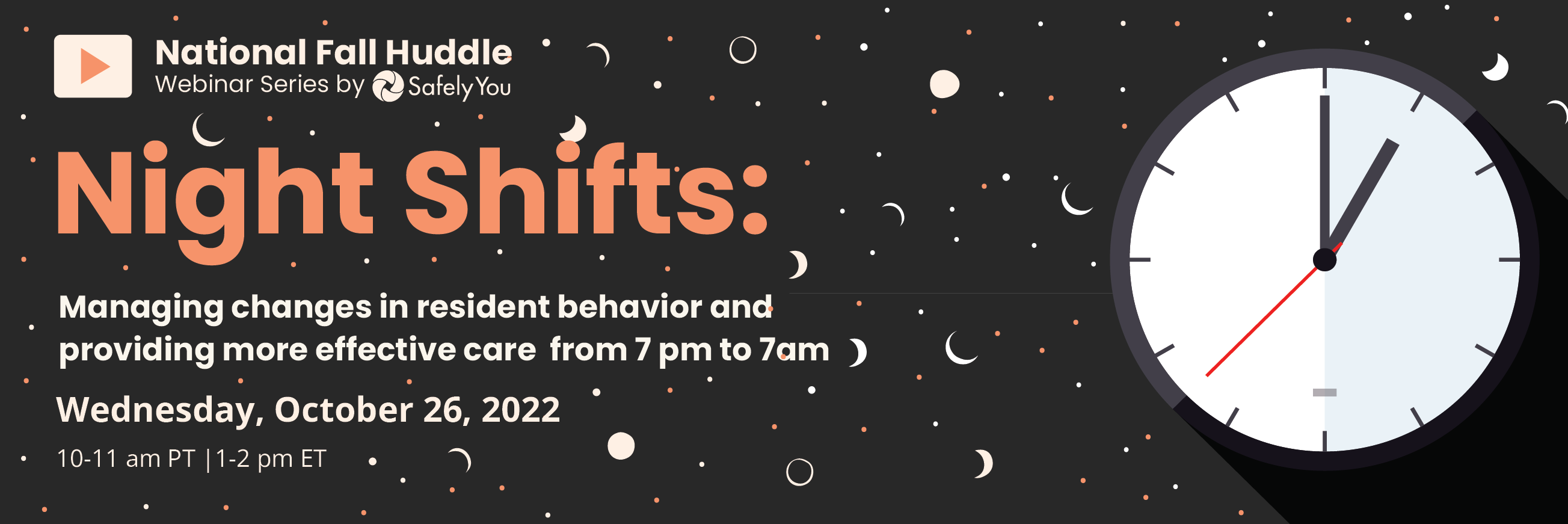
Improve care, safety, and resident behavior management during the overnight hours
Description
In senior living communities, the overnight hours are the most vulnerable for residents. Fall risk peaks between 6 – 9 pm and again from 3 – 6 am. Staffing is reduced overnight. And as the sun goes down, residents living with Alzheimer’s and other forms of dementia experience sundowning, increased restlessness, anxiety, and disorientation that can increase fall risk—and become more intense as the diseases progress. As the time the time changes in the fall, these behavioral changes may become more pronounced. However, there are ways these nightfall behaviors can be managed, as well as ways to reduce the risks posed by the other overnight challenges communities face.
In October’s National Fall Huddle, we’ll evaluate the incidence of falls during the evening hours and what triggers and subsequent behaviors are present prior to these fall events. We’ll also review how environmental factors contribute to fall risk—are the lights on when they should off? Are residents becoming entangled in blankets? Are residents wandering at night? And we’ll provide strategies for mitigating sundowning behaviors, increasing resident safety and reducing fall risk. Additionally, we’ll examine how technology can further help reduce risk during these most vulnerable hours, supporting staff so they can provide more effective and person-centered care. As always, we’ll review successful case studies, and our panel of experts will take your questions.
Learning objectives:
- Analyze when falls occur and identify nighttime patterns, including environmental factors that contribute to risk
- Examine risks that contribute to falls in the evening hours, including sundowning, low staffing levels, and disruptions to sleep/wake cycles due to time changes
- Review how technology can be used to support, helping to reduce risk
- Identify strategies to manage sundowning behaviors, increasing safety
Webinar Hosts
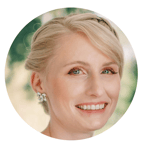
Anne Stankiewicz, CScD, OTR/L, CDP
Clinical Success Manager, SafelyYou
Anne became an advocate for those living with Alzheimer’s and dementia during her very first clinical rotation, wanting very much to understand the unmet needs of these residents and how their actions were indicators. As such, she’s a natural fit for SafelyYou. Anne believes complete care involves a holistic view of patient needs and brings a passion for person-centered care to her role. She’s committed to providing her customers with evidence-based research that’s translated into digestible, actionable guidance to support their communities and their residents. Anne is an active listener and feels this is the most important part of problem-solving. When she’s not collaborating with her customers to develop solutions and help improve outcomes, you can find Anne planning her next getaway—she loves to explore new cultures and new destinations.
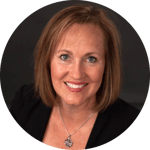
Wendy Starnes, OTR/L
Clinical Success Manager, SafelyYou
Wendy has over 20 years of experience in the field of occupational therapy, specializing in driver rehabilitation, dementia, and fall reduction. She’s spent five years as an instructional designer and course developer, building skills in providing effective training to adult learners. Wendy feels a very personal connection to SafelyYou and its mission, as she had a grandmother she was very close to who suffered a number of falls. When she’s not helping to improve the lives of older adults, you can find Wendy on a culinary or other adventure.
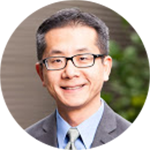
Glen Xiong, MD
Chief Medical Officer, SafelyYou
Dr. Xiong earned his medical degree from UC Davis and completed his residency training in Internal Medicine and Psychiatry at Duke University Medical Center. He is certified by the American Medical Directors Association in Post-Acute and Long-term Care Medicine (2006, 2016). He provides clinical care at the UC Davis Medical Center, and in Skilled Nursing and Assisted Living Facilities.
